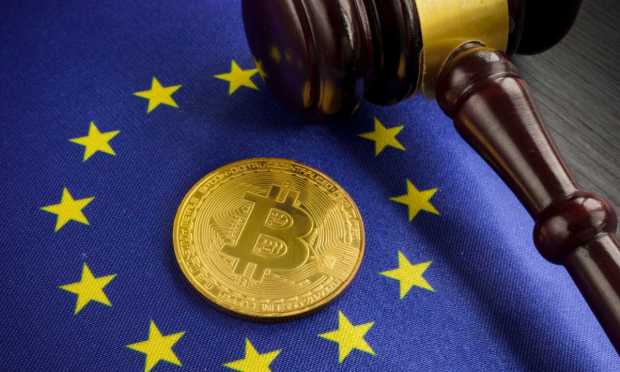European regulators have proposed new rules for crypto companies headquartered outside the region.
of European Securities and Markets Authority (Esma) Regulations introduced On Monday (January 29), restrictions will be imposed on the ability of these companies to serve customers in the European Union (EU) to prevent unfair competition.
The EU made history last year by becoming the first global jurisdiction to approve a comprehensive regulatory framework for crypto assets such as Bitcoin. The Market in Crypto Assets (MiCA) Regulation was adopted last June, but will not fully come into force until the end of this year.
To this end, ESMA announced last year that even with the introduction of MiCA, “individual investors will must recognize “There will be no such thing as a ‘safe’ crypto asset,” he said, highlighting the inherent risks associated with this emerging asset class.
In a statement to investors, the regulator asked: “Can I afford to lose all the money I intended to invest?” The authorities stressed that cryptoassets are subject to “emerging operational and security risks” and are unpredictable.
ESMA's latest proposal is aimed at crypto-asset companies based outside Europe who wish to serve European customers, rather than companies based within the EU.
ESMA said in a statement: “The proposed guidance follows ESMA’s previous guidance that under MiCA, the provision of crypto asset services by third country entities is limited to cases where the customer is the exclusive initiator of the service. It confirms the message.”
“This exemption should be understood as a very narrow framework and must be considered an exception. Companies cannot use it to circumvent MiCA,” the agency added.
The news comes as other jurisdictions consider their own crypto rules.In the US, crypto industry insiders are hopeful that this year will be the year for the US. Adopt stablecoin regulations.
Jeremy AllaireCEO of USD Coin stablecoin issuer circlesaid earlier this month that countries around the world are rapidly approving crypto regulations, and that the United States is more likely than ever to approve new stablecoin legislation.
“I think what you’re looking at is a request from the administration, from the Treasury, from the government. [Federal Reserve]By both chambers, and certainly on a bipartisan basis,” Allaire told CNBC.
“digital dollar “As is happening around the world, other governments are regulating the dollar and digital currencies before the US,” he added. “So I think there's a very strong desire to demonstrate American leadership and advocate and involve appropriate consumer protections.”
For all PYMNTS crypto coverage, subscribe to our daily subscription Cryptocurrency Newsletter.


